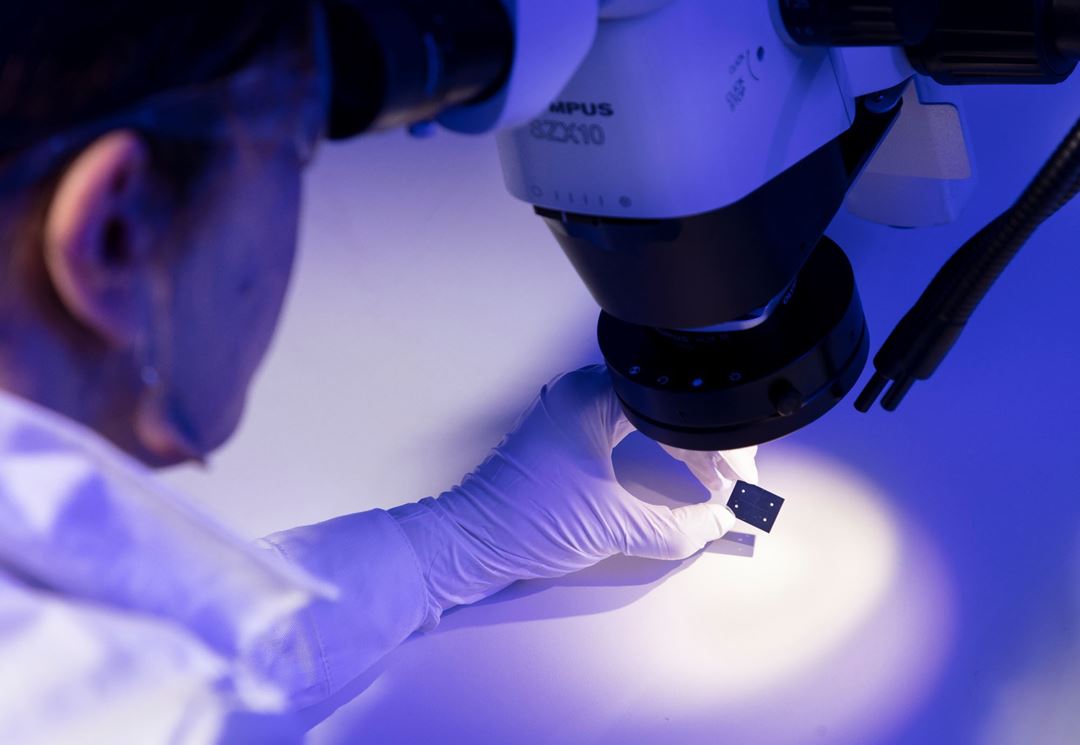People dealing with COPD frequently face challenges related to breathing, resulting in both shortness of breath and profound fatigue. COPD exacerbations stand out as the primary cause for hospitalization and a significant detriment to the overall well-being of COPD patients. This often leads to frequent hospital admissions, contributing to a relentless deterioration of the condition. In severe cases, it can even lead to mortality. Currently, the sole diagnostic approach relies on symptom-based assessment, which, unfortunately, often comes too late to initiate effective treatment.
To address this problem, the BreathSense consortium is working to create a portable breath analyser that can detect specific breath biomarkers without the need for invasive procedures. One of the partners, RespiQ (The Netherlands), is developing a larger scale prototype for the detection of chemicals present in breath. In collaboration with sensor experts (SINTEF MiNaLab, Norway), electronics specialists (uRoboptics, Portugal), user experience and co-creation professionals (NeLL, The Netherlands), and a clinical specialist in COPD (KCL, Great Britain) this promising technology will be further developed and adapted for practical use in healthcare. The envisioned, compact breath diagnostics device and the innovative method for monitoring COPD patients developed within the project will enable monitoring of patients in the comfort of their homes.
By using digital biomarkers, patients and doctors can predict exacerbations more reliably and act early to avoid hospitalization, potentially preventing up to 95% of hospital stays. This approach represents a major shift in managing COPD, moving from passive diagnostics to proactively monitoring and prevention for patients at home and at the hospital. Due to the nature of the technology, the detection of COPD is not the only potential use case. The envisioned diagnostic device can also be adapted for other respiratory and gastrointestinal diseases like asthma, lung cancer, and irritable bowel syndrome (IBD). This technology has the potential to revolutionize the diagnostics at home, benefiting the health of millions of people and reducing the pressure on healthcare management systems.

